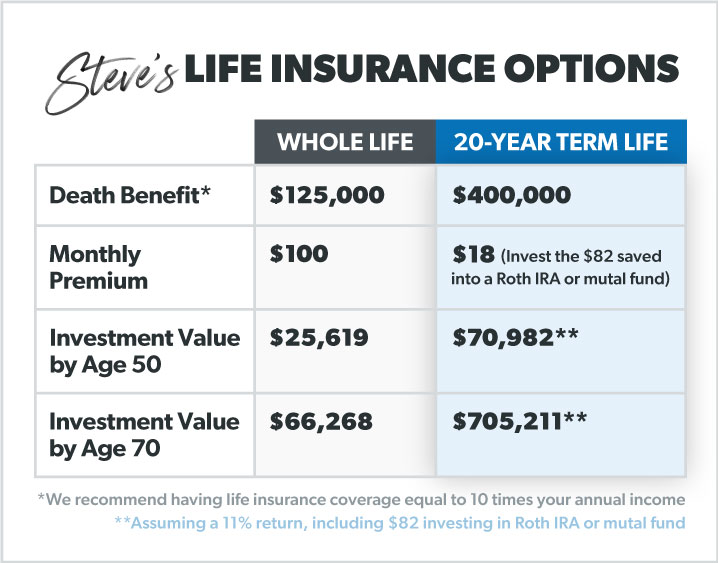This kind of insurance coverage can be used whether you're on an arranged trip or cruise, or traveling independently (in which case, only the prepaid expenditures such as your flight and any nonrefundable hotel appointments are covered). Note the difference: Journey cancellation is when you do not go on your journey at all. Trip disturbance is when you start a journey however have to suffice short; in this case, you'll be reimbursed only for the portion of the journey that you didn't total. How does insurance work. If you're taking a tour, it might currently come with some cancellation insurance ask. Some insurance companies will not cover particular airlines or trip operators.
Make certain your carrier is covered. Buy your insurance coverage within a week of the date you make the Have a peek here first payment on your trip. Policies acquired later than a designated cutoff date usually 7 to 21 days, as figured out by the insurance business are less likely to cover trip company or air carrier insolvencies, pre-existing medical conditions (yours or those of relative in the house), or terrorist incidents. Mental-health issues are typically not covered. Jittery travelers are complaining about 2 huge unknowns: terrorist attacks and natural disasters. Ask your company for details. A terrorist attack or natural disaster in your home town may or might not be covered. However if I had not bought an insurance coverage through AIG Travel https://ngi5odllot.de.tl/All-about-How-To-Get-Rid-Of-Mortgage-Insurance.htm before I left, I would have been out almost $13,000. That's peanuts compared to how expenses often swell throughout an emergency situation abroad. And now as the world closes down as an outcome of COVID-19, tourists are scrambling to cancel trips. We take a trip to broaden our lives, not to worry about all the bad things that can happen to us while we're away. But with the increase of COVID-19, there's never been a much better time to get smart about insurance coverage. How to become an insurance agent. According to the U.S. Travel Insurance Coverage Association, a Washington, D.C., not-for-profit trade group, Americans spent almost $3.
9 percent from 2016. Over the exact same period, the variety of travel-protection plans that were sold increased by 36. 5 percent. Given that January 21, 2020, according to the travel-insurance-comparison website Insure, My, Journey, there's been a 60 percent boost in offered policies that include a "cancel for any reason" benefit. There are numerous reasons for the extra expenditures on travel insurance. According to the International Air Transportation Association, in 2016, there were 3. 8 billion air tourists, a number that is anticipated to increase to 7. 2 billion by 2035. This increased international movement has added to more overloaded airports and travel delays, in addition to a substantial rise in the spread of disease outbreaks, as evidenced by COVID-19.

( But there is some good news for travelers: according to the Global Terrorism Database, the overall variety of terrorist attacks worldwide decreased 43 percent between 2014 and 2018, and the overall number of deaths by terrorism reduced 48 percent.) These threats are scary, but the reality is that, prior to COVID-19, typically many people's trips were interrupted for much easier reasonsbroken bones, appendicitis, sprained ankles. "The highest-volume health incidents are the most dull ones," states Bill Mc, Intyre, director of communications for Worldwide Rescue, a New Hampshirebased travel-membership organization that offers medical, security, evacuation, travel-risk, and crisis-management services. "Tourist's diarrhea is primary by far." In terms of security risks, states Mc, Intyre, muggings are the most typical.

field sales for AIG Travel. "There has actually Article source always been civil unrest, earthquakes, and fire, but it's affecting more people due to the fact that more individuals are traveling." Mishaps, medical costs, and flight hold-ups while traveling can get expensive if you don't have the best insurance. (Image: Jovanmandic/i, Stock) And if you engage in what insurer consider "extreme" activities, the chances of an accident might increase. Alastair Swinton, a 30-year-old mountain guide who works in the European Alps, went on a climbing exploration last September to Mount Koyo Zom, a 22,546-foot technical peak in the Hindu Raj range of Pakistan. Swinton fell about 65 feet into a crevasse, sustaining head and leg injuries.
The duo's communication gadget died throughout the evacuation procedure, however the helicopter still found the climbers a day later on - What is health insurance. "It was really surreal that somebody from Global Rescue understood where I was, understood how to get into contact with me, and knew which medical facility I was in," says Swinton. "Global Rescue is nearly like a guardian angel examining you. They manage to discover you when you think you're all alone." Thankfully, I didn't need to get taken out of a crevasse and evacuated in Sweden. While the AIG travel-insurance policy I acquired covered my medical expenditures and return flight, it did not cover practically $1,000 in meals, transport, and Airbnb costs throughout my three-week recovery duration.